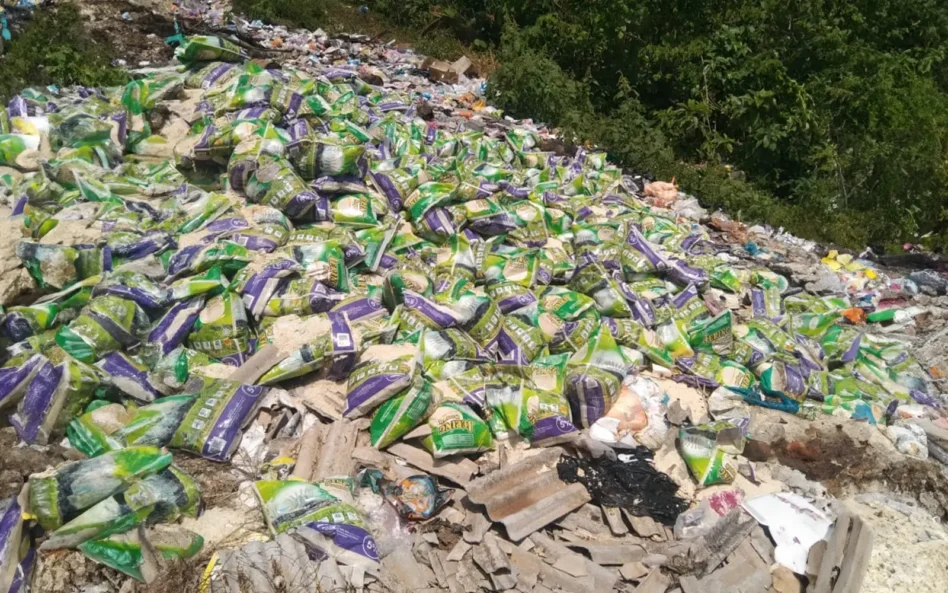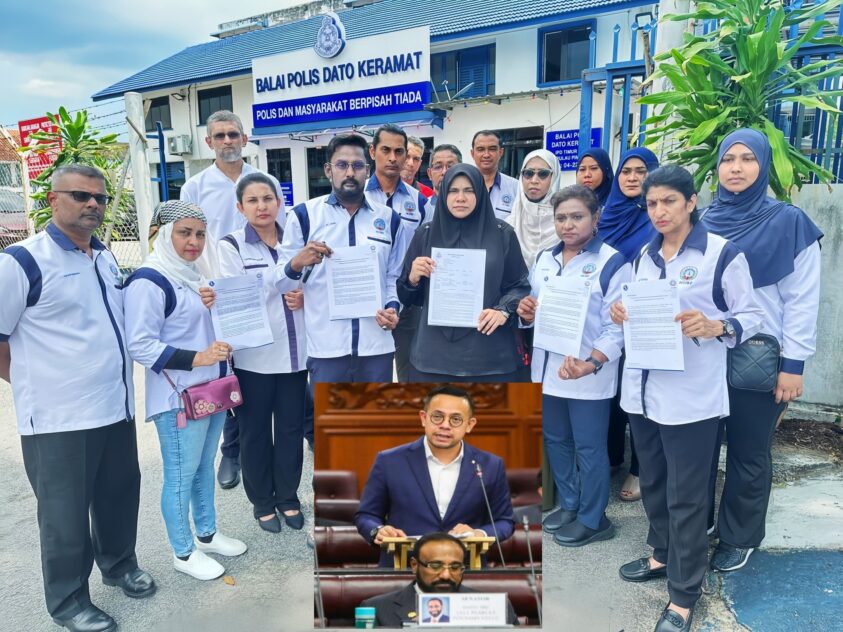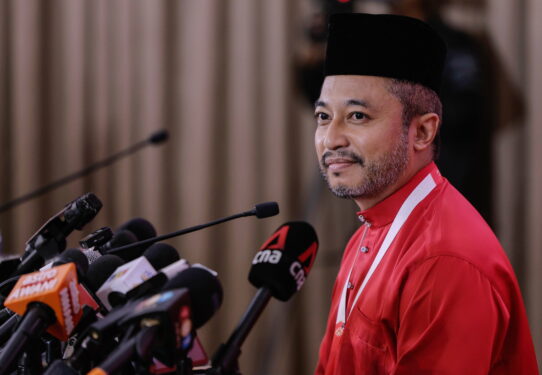By Jason Loh
AGEING is a serious policy challenge which this Government is committed to addressing. In Sep 2020, Prime Minister Tan Sri Muhyiddin Yassin had “called for cities and urban environments to be age- and gender-friendly as the nation prepares for a change in demographics” in conjunction with the Malaysia Urban Forum (Free Malaysia Today, Sep 28, 2020).
The Prime Minister was quoted as stating that there will be “… new challenges in health services needs and the physical environment. It is time we address the ageing society in our national development plans and relook our planning and physical development to meet the needs of the elderly community”.
And in her keynote address at the Malaysia Population Aging Forum last month, Minister for Housing & Local Government Zuraida Kamaruddin expressed her ministry’s intention to draft a policy (that will be announced in the first quarter of 2021) to “… address all the fundamental elements that are needed for senior citizens to live in a harmonious environment with adequate health facilities.
According to the World Health Organisation (WHO), an ageing society is that in which 7% of the population is 65 years and above.
Figures by the Department of Statistics (DOSM) – which adhere to the WHO definition – indicated that 6.75% of the population were classified as “old” in 2018.
DOSM recorded that those aged 65 years and above increased from 2.24 million to 2.34 million between 2019 and 2020 – at 7.15% of the total population of 32.73 million.
Beyond that, according to economist and academician Dr Norma Mansor who’s the Director of Social Wellbeing Research Centre, Universiti Malaya in a New Straits Times article (Jan 25, 2021), those 65 and above are projected to double to 14% by 2044 and to 20% by 2056 at the current trajectory, thus, making Malaysia to be classified as a “super-aged” nation.
The problems faced by our elderly population are multi-dimensional. As highlighted above in relation to the excerpts from the speeches of both the Prime Minister and Minister for Housing & Local Government, respectively, there’s the challenge of providing congenial living space and environment for the elderly.
This is confirmed by the Malaysian Healthy Ageing Society (MHAS) adviser Professor Nathan Vytialingam who has noted that among the current challenges are the lack of adequate elderly care homes built by both public and private sectors.
He compared this situation with that of other countries such as Australia where space devoted towards entire communities comprising of only the elderly is sponsored by the government.
Another challenge is the level of healthcare that’s specially geared towards elderly care, particularly in geriatric services.
Ideally, the current ratio of geriatrists and specialised care providers or professionals to the elderly population should be at 1:5,000.
When translated into our context, Professor Philip Poi Jun Hua, a leading geriatrist from the Malaysian Society of Geriatric Medicine (MSGM), stated that this would mean that there are at least one to two geriatricians per state.
At the current rate with 2019 as the base year, we only have 35 geriatric specialists and the challenge is the need to find another 600 geriatrists to fill a critical gap.
Specifically, the elderly need help with rehabilitation. Former Deputy Minister for Health Dr Lee Boon Chye was reported to have said that our elderly population needs geriatric rehabilitation services.
The Malaysian Gerontological Association is also concerned about ensuring and enabling an environment that is conducive for supporting the elderly to lead and live active lives – post-rehabilitation.
What more can we do to help our elderly population to cope with ageing?
As for those who are healthy and independent or live a pro-active lifestyle, the previous administration had planned to ensure that the senior citizen activity centre or Pusat Aktiviti Warga Emas (PAWE) is available at every parliamentary constituency (all 222). Since March last year, 129 or so have been set up.
The Government should continue this initiative – with the B40 as the target group and with more PAWE assistants to be trained and hired on top of that.
In terms of the house-bound elderly who are reliant on round-the-clock care, Dr Norma Mansor in the article referred therein proposes that the Government provide “incentives for family caregivers via old-age support allowance and income tax rebate. The same is done in the United States, Canada and Australia”.
To further enhance such efforts and measures, the Malaysian Ageing Research Institute (formerly MyAgeing) based at Universiti Putra Malaysia (UPM) intends to build a database of every senior citizen in the country.
The database should be driven by big data algorithms and predictive analytics. And this also requires joint- or inter-ministerial coordination and implementation.
Going forward, the National Policy for Older Persons needs to be updated. The last one was in 2011. Even the Health Ministry’s National Health Policy for Older Persons needs to be renewed as it is more than a decade old.
Non-fiscal measures should include promoting a paradigm shift so that social care should not viewed as not profitable or loss-making business.
On the other hand, healthcare should be conceptualised as seamlessly integrated with social care and vice-versa (as proposed in an EMIR Research article, “Ageing population: Catalyst for healthcare-social care nexus”, Oct 19, 2020).
Therefore, towards that end, resources – and this is where the economic aspect comes in – should be planned for retirement savings (private) and pensions (public) to also cover for social care (and not just healthcare).
And with the advent of the Fourth Industrial Revolution (4IR), the increasing integration and assimilation of smart technologies should enable citizens to enjoy quality of life in their old age.
In conclusion, preparing for an ageing nation requires expanding and reviewing our public policy in this regard. And encouraging and incentivising the private sector to do more – both in terms of business and corporate social responsibility.
Thankfully, as a nation, there is no reason why we should not be well-poised to “age gracefully”. – Feb 11, 2021
Jason Loh Seong Wei is Head of Social, Law & Human Rights at EMIR Research, an independent think tank focused on strategic policy recommendations based on rigorous research.
The views expressed are solely of the author and do not necessarily reflect those of Focus Malaysia.










